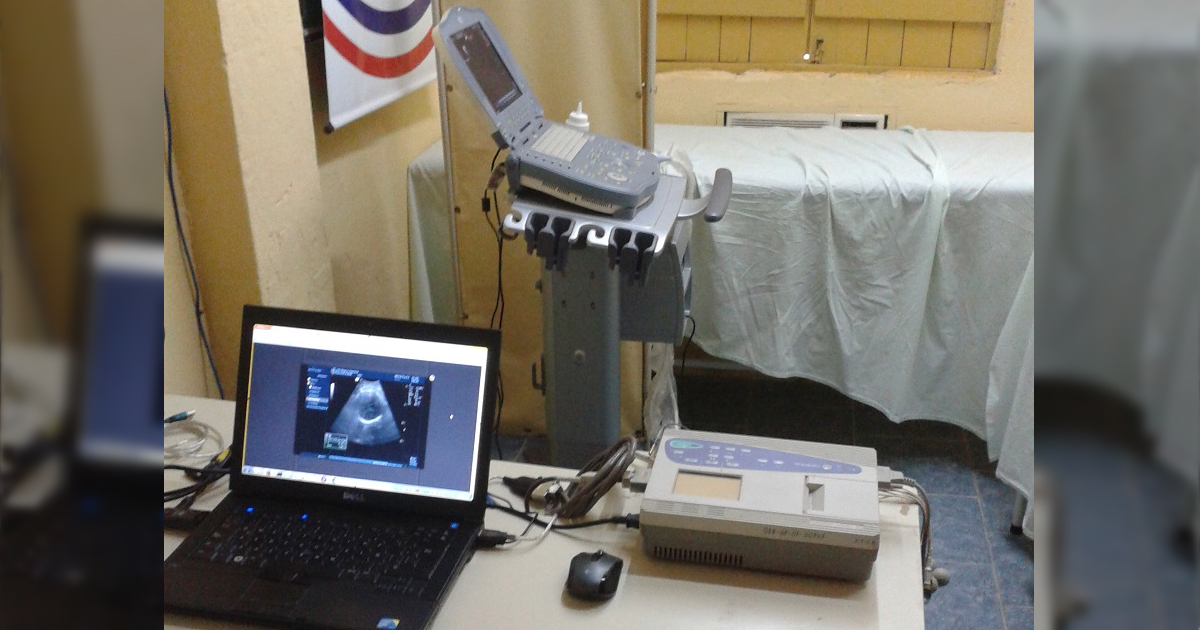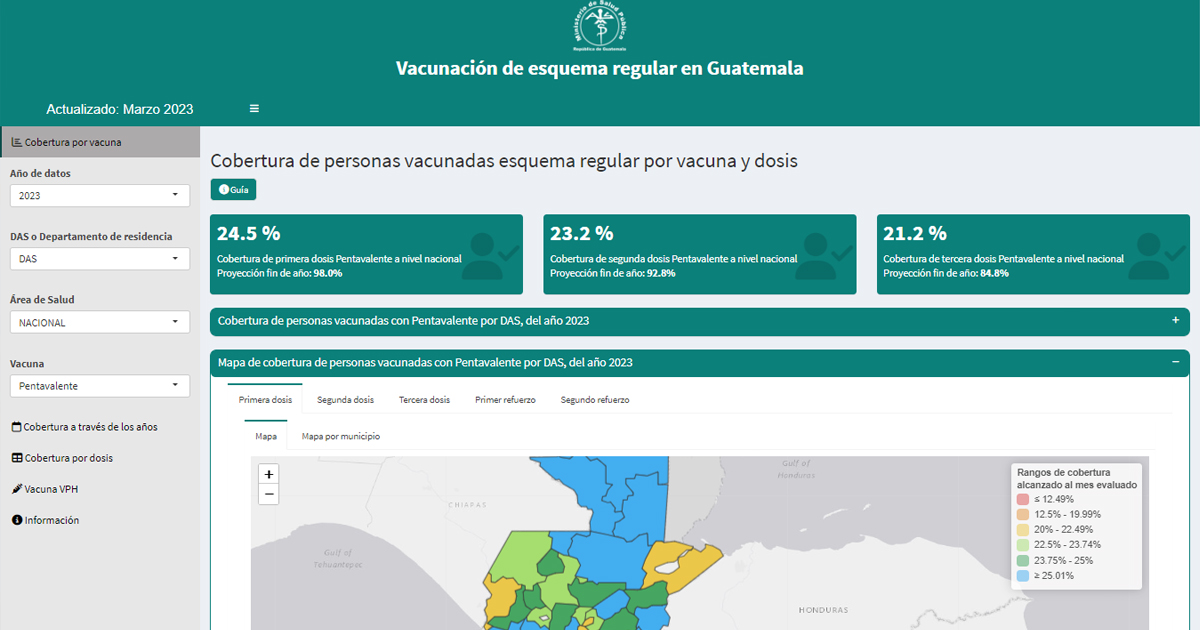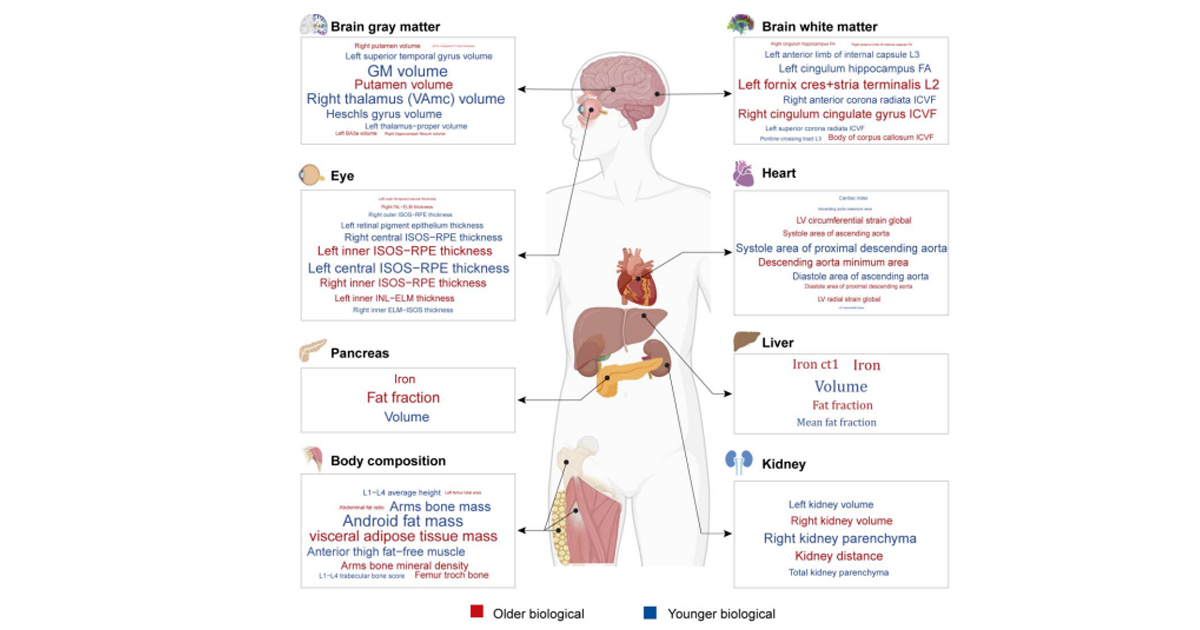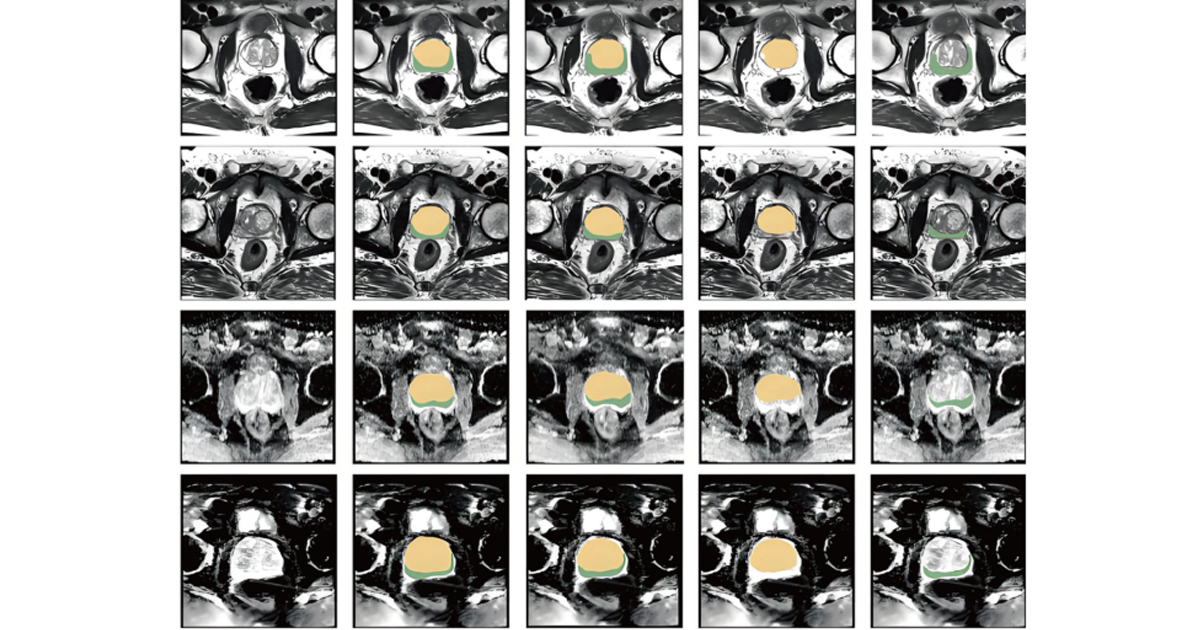El Ministerio de Salud Pública y Bienestar Social de Paraguay informó que a través de servicios de telemedicina y teleconsultas, lograron brindar atención a 92 mil 356 pacientes a nivel nacional.
Los servicios de telemedicine fueron adoptados por el Ministerio de Salud Pública y Bienestar Social en 2013 y ese mismo año se realizó la prueba piloto del Sistema Nacional de Telemedicine. El cual desde 2014 se formalizó de forma permanente. Sin embargo, fue a partir del 2020 a raíz de la pandemia que ha aumentado la demanda de estos servicios entre la población.
Gracias a la telemedicine, durante la emergencia sanitaria por COVID-19, se logró continuar con la prestación de servicios a pacientes con enfermedades crónicas, cuyos centros de salud o consultorios se vieron afectados por las medidas de distanciamiento social. “En el 2020 se realizaron 60 mil 096 estudios, y en lo que va del 2021, 32 mil 260, totalizando 92 mil 356 atenciones”, explicó Pedro Galván director de Telemedicine.
Galván explicó que la prueba piloto de 2013 se realizó en el lugar más alejado con el peor escenario de conectividad, tras comprobar su funcionamiento se optó por la implementación del sistema a nivel nacional. Actualmente como explica el director de Telemedicine en Paraguay el sistema de telemedicine conecta a más de 68 comunidades a la red nacional, lo que incluye hospitales regionales, distritales y Unidades de Salud de la Familia.

Los servicios disponibles a través del sistema nacional de telemedicine desde el 2014 son tomografías, ecografías, electroencefalografías y electrocardiografías. Las tres primeras son parte de los servicios de cobertura universal para la atención en accidentes viales, enfermedades cardiovasculares, epilepsia, entre otros.
El ministro de salud Julio Borba ha explicado la necesidad de continuar aumentando el nivel de cobertura de telemedicine y lograr su aplicación equitativa y facilitar su uso en comunidades vulnerables.
Uso de Artificial Intelligence during the pandemic
The telemedicine no fue la única tecnología aplicada de salud en Paraguay que tuvo un progreso importante durante la pandemia. La Artificial Intelligence (AI) también fue utilizada en respuesta a la emergencia sanitaria. En Paraguay se desarrolló de un sistema de cribado de COVID-19 basado en AI and machine learning, se realizaron pruebas diagnósticas a personas sanas para distinguir de aquellas con posibles contagios.
Esta tecnología se combinó con los servicios de telemedicine para realizar monitoreo a pacientes. Así se pudo fortalecer la capacidad de diagnóstico y aprovechar mejor los recursos disponibles.







